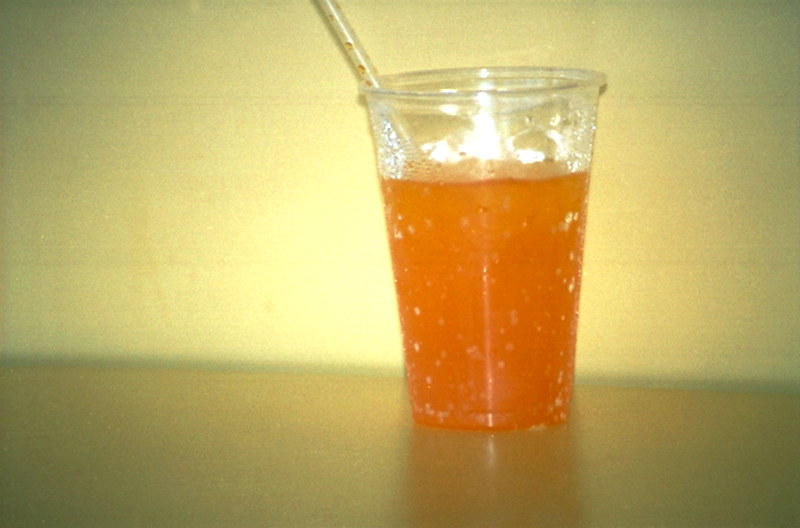We passed by sliding glass doors with patients tucked away behind them as the steady beeps of the surgical intensive care unit (SICU) droned on in the background. It was my first day on the transplant surgery service. We were headed to see Mr. W. “We never look inside the renal artery … it’s just not something we ever do,” the surgeon started to explain as we were about to enter the patient’s room. We stepped past the threshold of the glass door and into a dark room. Mr. W sat under a blanket in a chair beside his bed, staring at the barren wall. The attending started with a bright “How are you?” and words of encouragement as she noticed the Foley catheter bag had started to fill. “Your kidney is finally starting to wake up!” she said with genuine excitement. But Mr. W never broke his intense stare with the wall.
It was obvious that something was off. His mood was not what I would expect from a patient who had received a transplant, which for many patients represents a second chance at normalcy and freedom from the restrictions of dialysis. As we started our trek out of the SICU, my attending continued to tell me Mr. W’s story. Barring any complications, a transplant recipient will usually stay in the hospital for about five days postoperatively. This was Mr. W’s tenth day and it wouldn’t be his last. His course had been riddled with complications including renal artery dissection intraoperatively, delayed graft function requiring more dialysis and infection. To top it all off, COVID-19 prevented him from having any visitors; I would be crushed too.
The next morning during rounds, Mr. W had been moved from the SICU to the floor. Although this was a step in the right direction, he seemed the same as the day before. But this morning, he had a request: an orange soda. My attending said “absolutely” and disappeared, I assumed in search of that orange soda.
Later that day, when I went back to check on Mr. W, I could tell he was a totally different person as I stepped in the door. The room was brighter and he was up in his chair watching “Law & Order.” He was excited to tell me that he walked with physical therapy earlier in the day. I asked him if he ever got that orange soda he was promised. He whipped his head over to look at me, reached out for the white Styrofoam cup sitting on his tray, picked it up and gave it a good shake. “I killed it,” he said with a grin. An overwhelming feeling of joy came over me and I couldn’t help but smile.
After we finished talking, I hurried back to the office to give the team an update. I found the nephrologist and let her know that Mr. W’s entire mood had shifted. He seemed genuinely happy and excited to get out of the hospital and back to his life. After sharing the update, the nephrologist mentioned, “I have no idea where she tracked down that orange soda — I have never seen orange soda in this hospital … ever.”
What I realized later was that it was never just an orange soda. To Mr. W, it was a taste of normalcy and control when he had very little. That orange soda was fuel to keep him moving over every speed bump he encountered throughout his hospital stay. For me, it was a reminder that something as simple and small as an orange soda can make the biggest difference in a patient’s mentality, mood and recovery. The little things are often the most important, and as physicians we do not simply treat a disease process but a human being. That Styrofoam cup was filled with more than just orange soda — it was filled with care and compassion and an understanding that the surgeon would be there to get through this with Mr. W — they were in this together. There is never a time in medical school in which we are taught that getting an extra pillow, grabbing a blanket or hunting down an orange soda is not part of our job description. My attending went out of her way to make a small human gesture and it changed Mr. W’s entire outlook. She didn’t ask someone else to do it; she didn’t forget about it.
With the demand placed on physicians physically, mentally and emotionally, it can be easy to forgo doing the little things — to pass them off for someone else to handle and forget about them. But surely, our patients will never forget. Any time I look at an orange soda, I am reminded of Mr. W and the surgeon who showed me what it really looks like to care about your patients.
Image credit: Orange Soda (CC BY 2.0) by haley8

